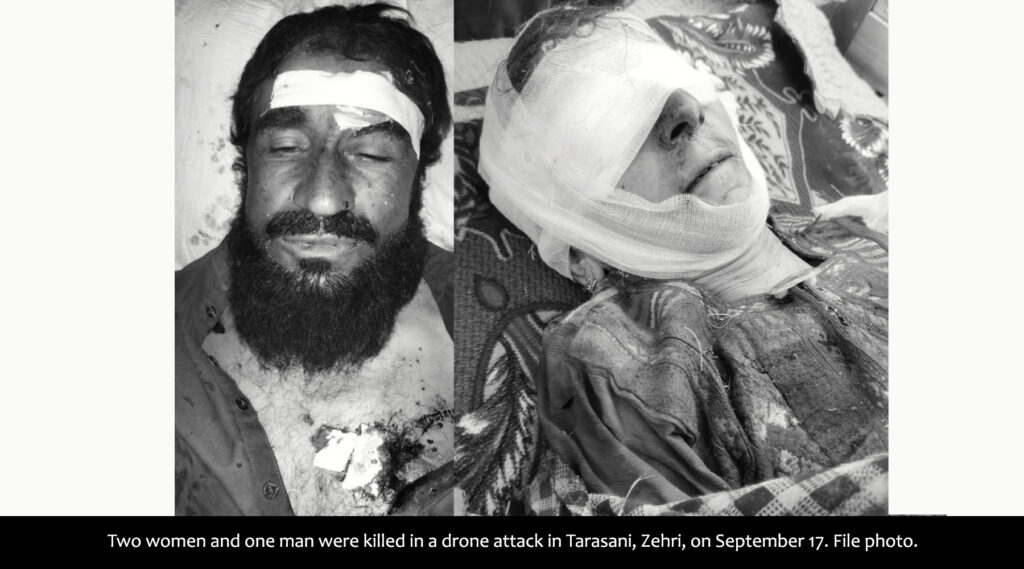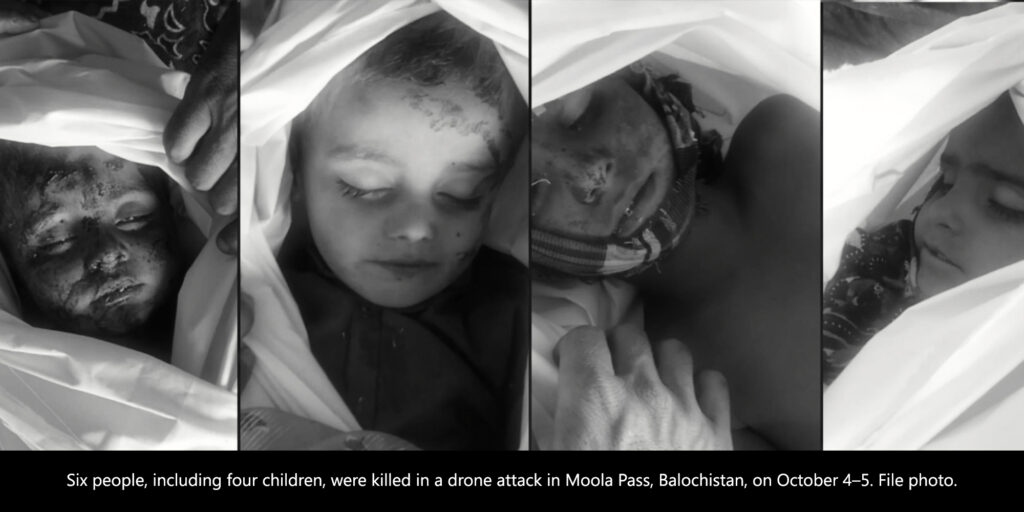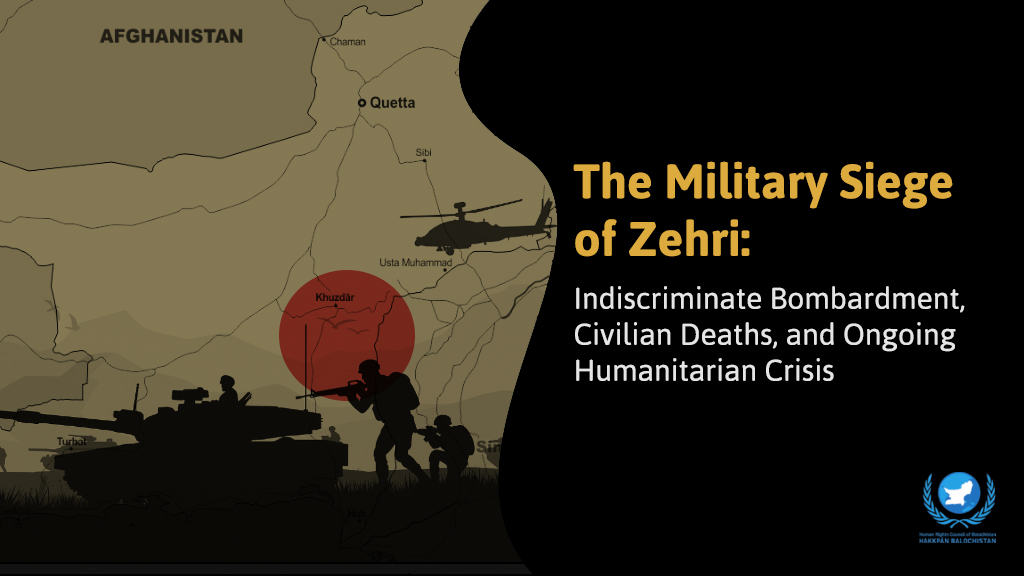The Military Siege of Zehri: Indiscriminate Bombardment, Civilian Deaths, and Ongoing Humanitarian Crisis
For over a month, Zehri tehsil in Khuzdar district has been under a complete military siege by the Pakistan Army. The operation has involved tanks, artillery, gunship helicopters, and drones, accompanied by a continuous curfew and total communication blackout, isolating the region from the rest of Balochistan.
The escalation follows clashes in August, when separatist groups reportedly gained control of parts of Zehri. Retaliatory state operations have disproportionately targeted civilians, resulting in dozens of deaths and injuries, including women and children, arbitrary detentions, enforced disappearances, and widespread destruction of homes, crops, water sources, and solar systems.
The ongoing siege has created a severe humanitarian crisis, leaving residents without food, medical care, or safe shelter. The situation is likely to worsen unless military aggression is halted, humanitarian access is allowed, and independent investigations are conducted.
Timeline of Violations and Civilian Casualties
September 15, 2025 – Aerial Bombardment
An aerial bombardment of a home by the Pakistan Army killed three civilians.
September 17, 2025 – Tarasani Drone Strike
A drone attack near Tarasani killed three members of one family:
- Bibi Amna (40, wife of Sanaullah)
- Lal Bibi (41, wife of Ali Akbar)
- Muhammad Hassan (30, son of Muhammad Yaqoob)
Five others were injured:
- Sanaullah (45)
- Ali Akbar (later taken into custody by security forces)
- Abdul Nabi (38)
- Umair Ahmed (4 years old)
- Mola Bakhsh (65)
Eyewitnesses reported that the victims were returning from a condolence visit when the drone struck.

September 27, 2025 – Ground Assault Begun
After repeated air strikes, Pakistani ground troops advanced into Zehri with heavy weapons, encircling residential areas. Locals reported arbitrary arrests, home demolitions, and mass enforced disappearances.
October 1, 2025 – Noorgama Drone Strike
A drone attack in Noorgama killed four civilians sitting near cotton fields.
October 4–5, 2025 – Intensified Operation & Curfew
The army took control of the only civil hospital in Zehri and converted it into a military camp. Curfew was extended indefinitely, with residents confined indoors. Drone strikes, artillery shelling, and gunship helicopter attacks continued. Civilian casualties rose, with six more killed and three wounded in Moola Pass, including two children and a woman, Bibi Rahima, and her child.

October 6, 2025 – Enforced Disappearances
Security forces conducted house raids in Noorgama, arresting four individuals: Safia Bibi (later released), Zahid son of Aziz, Asif Baloch, and Asad. The remaining three were transferred to unknown locations.
October 7, 2025 – Forced Summons to Military Camp
Residents were ordered to present their entire families, particularly all male members, at the military camp in Zehri hospital. Locals were warned of “serious consequences” for noncompliance, spreading fear and panic.
Humanitarian Crisis
The prolonged curfew and siege have left dozens killed and injured, and thousands trapped in their homes without basic supplies. Entire localities remain isolated, with no internet or cellular access. Locals report shortages of drinking water and medicines, and farmers face total loss of their harvests due to shelling.
Disclaimer: Due to the ongoing communication blackout imposed by security forces, verification of information remains challenging. We will continue to update this report as further details become available.

